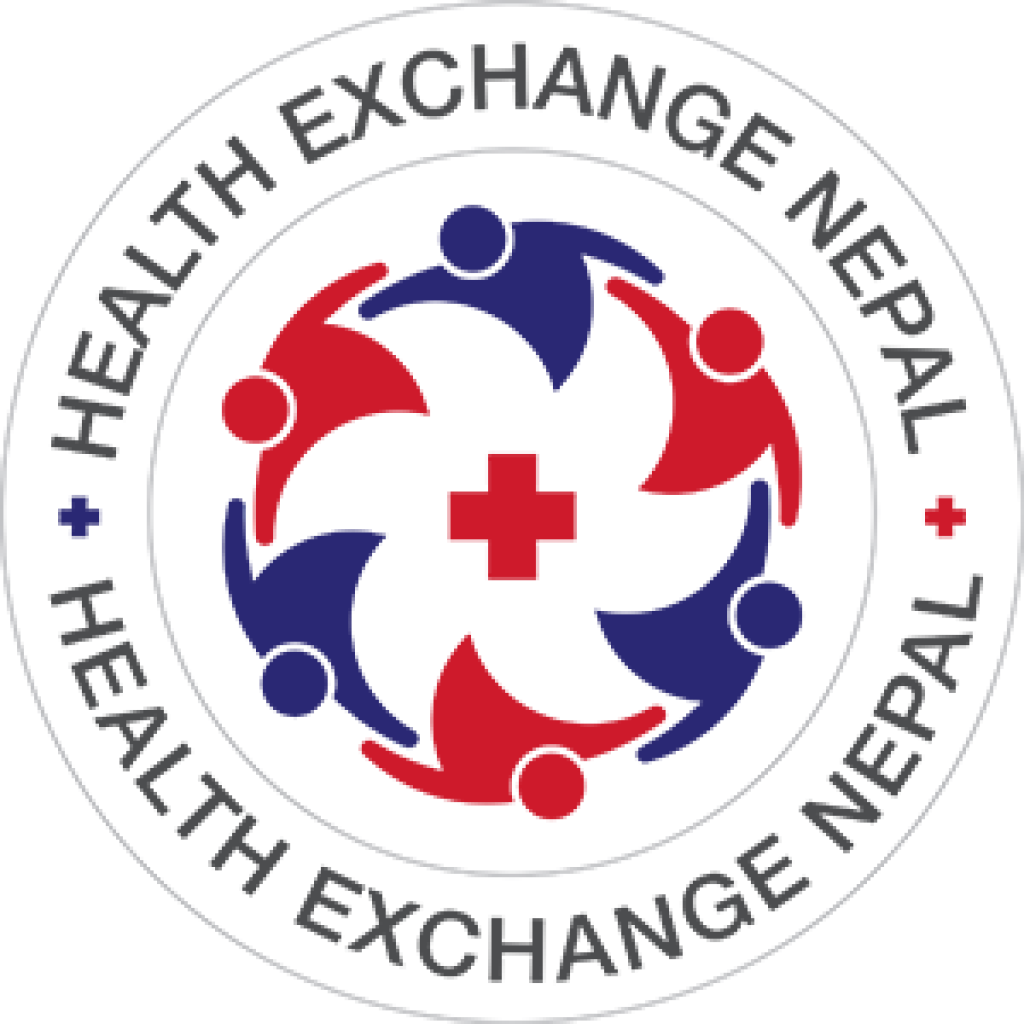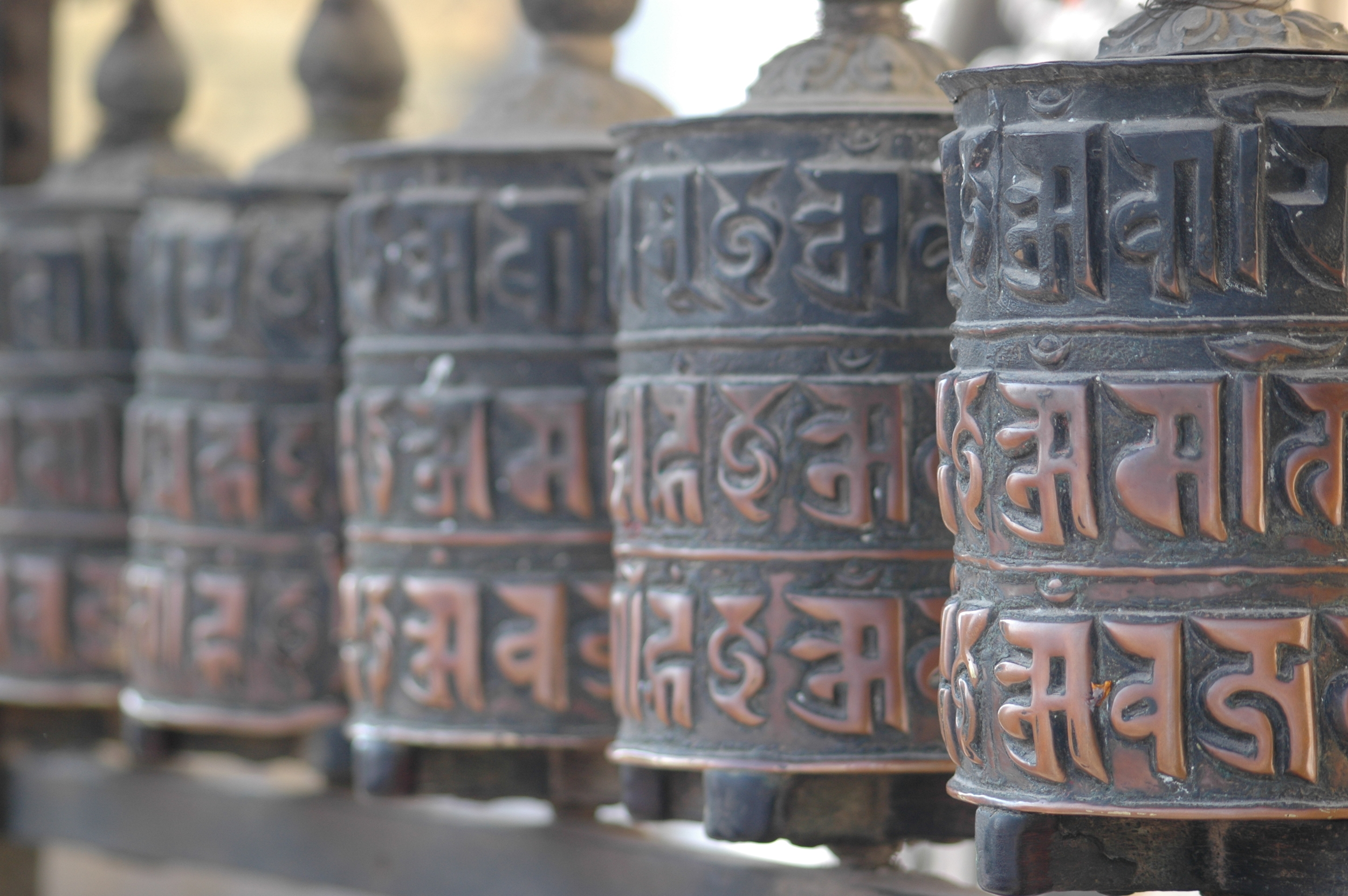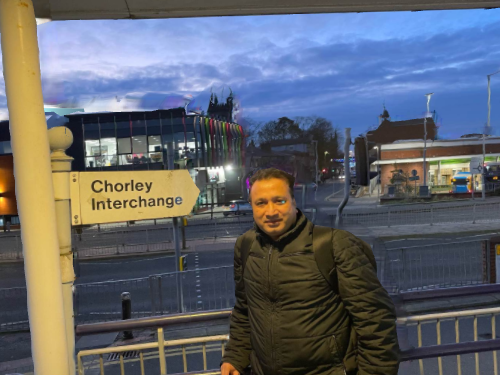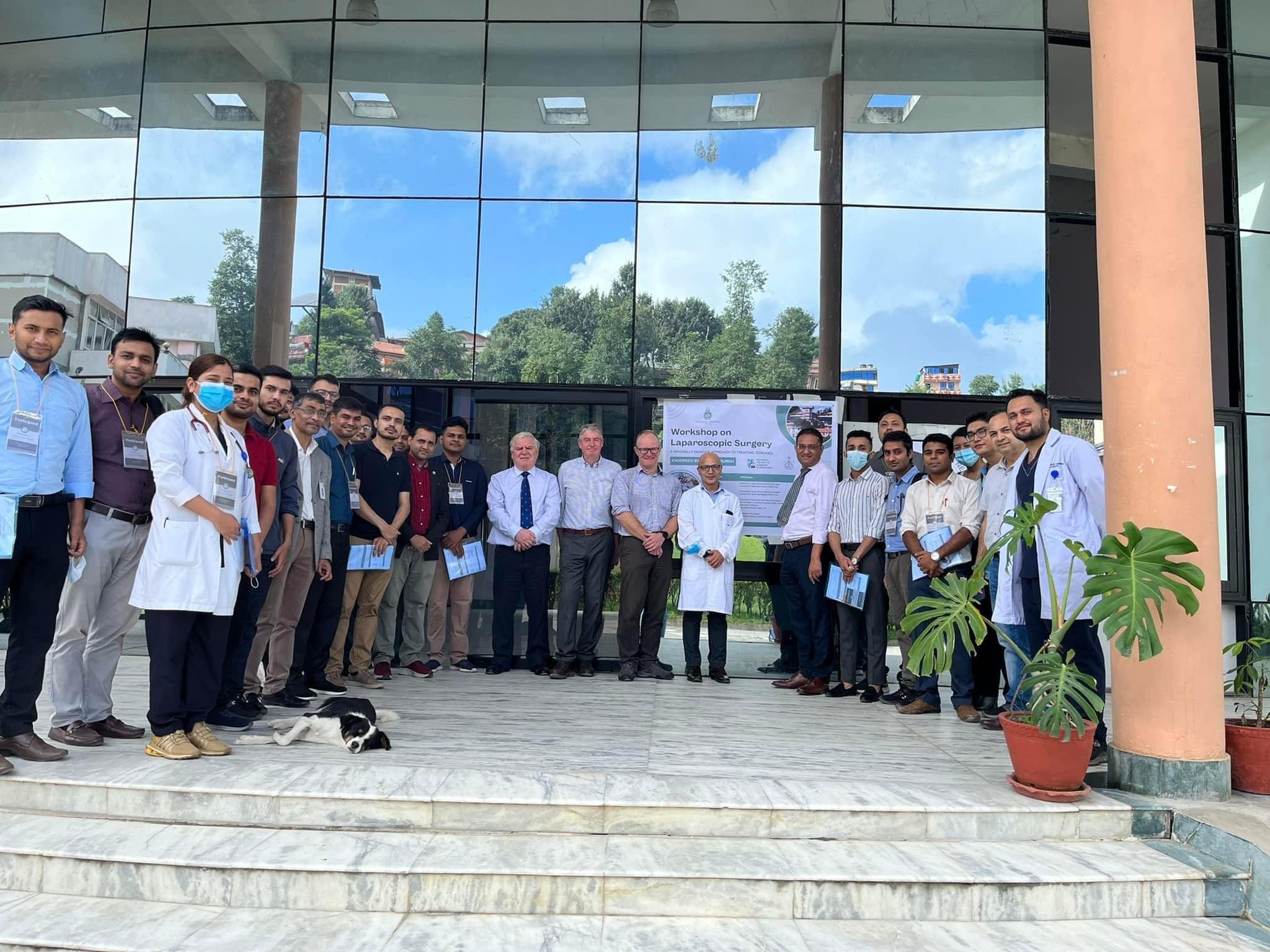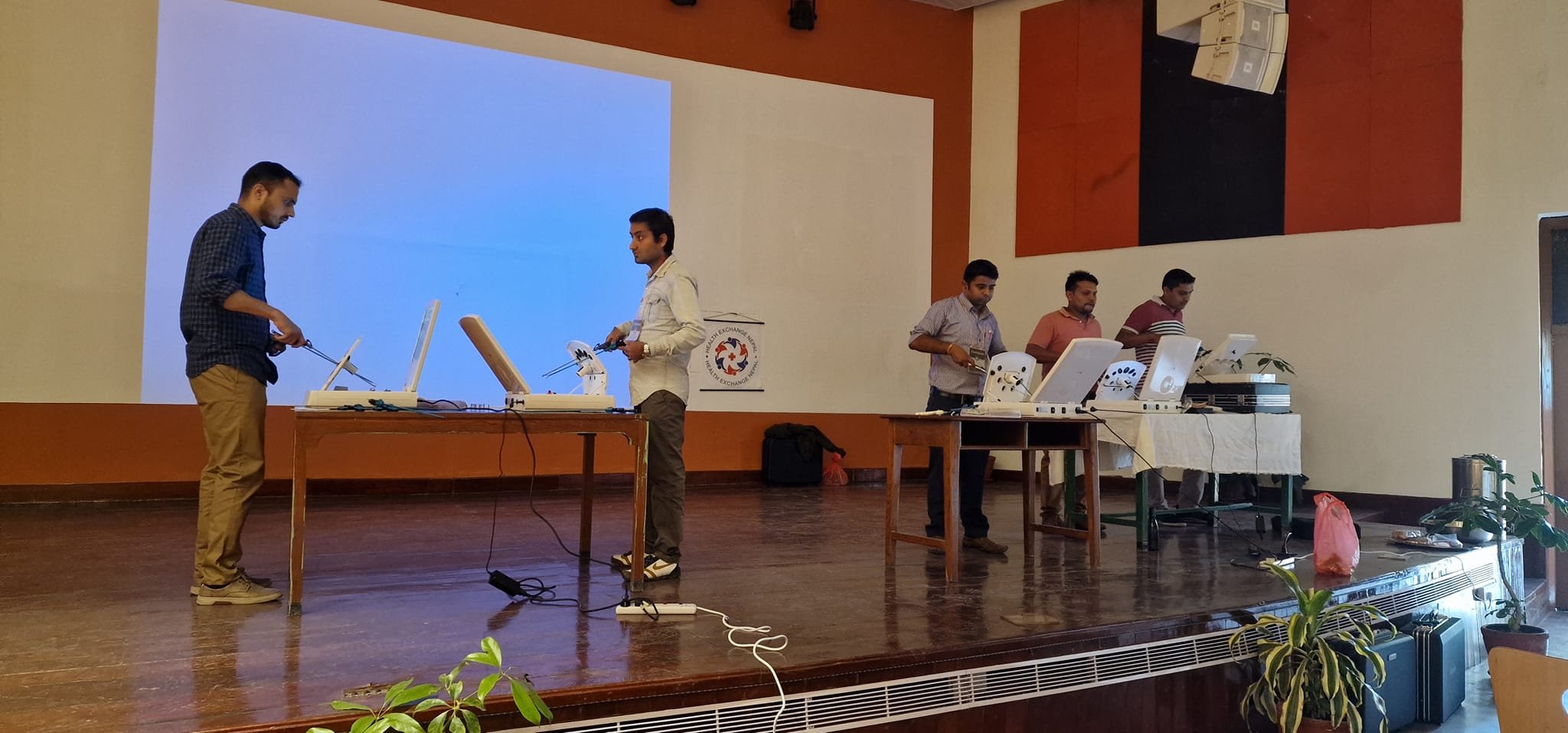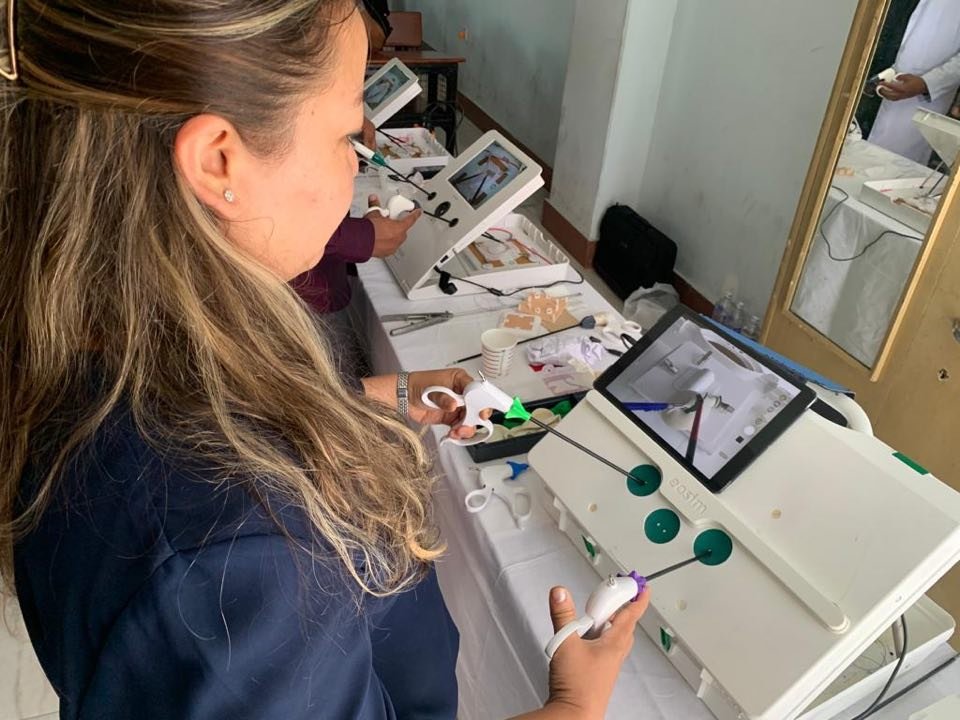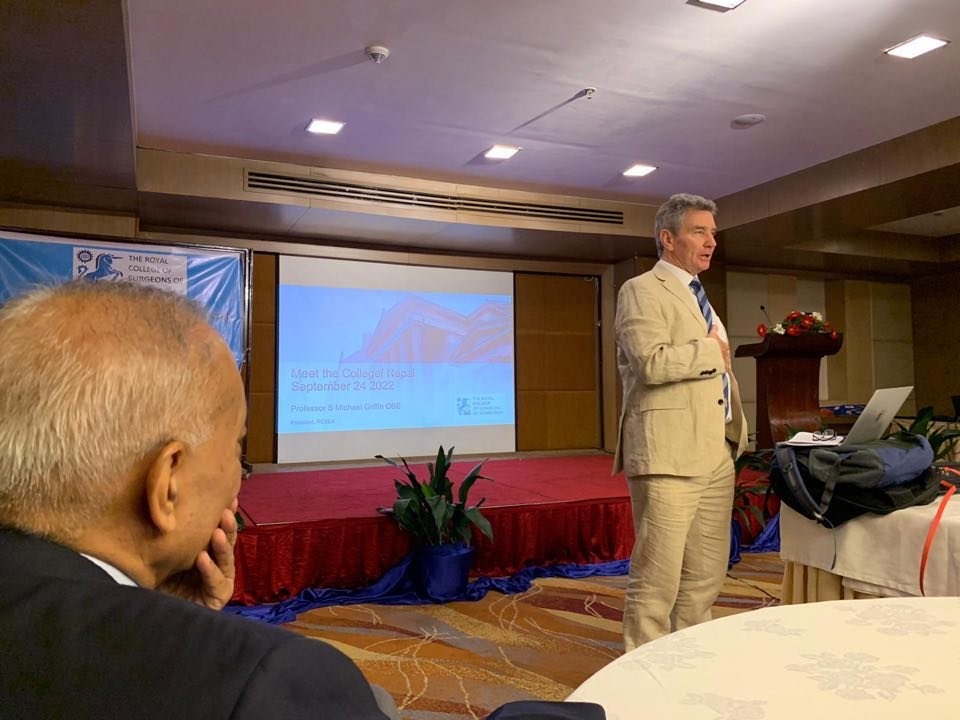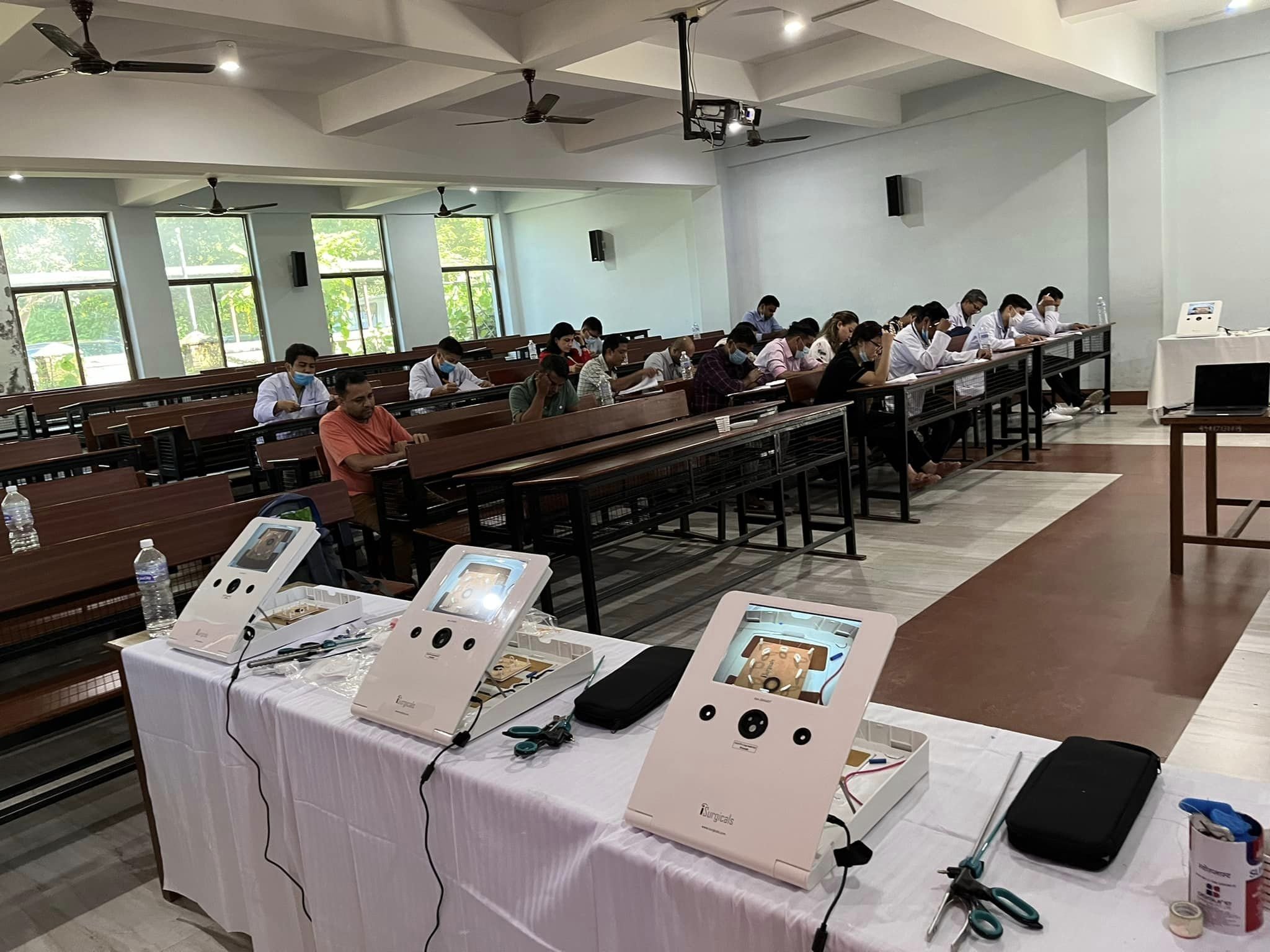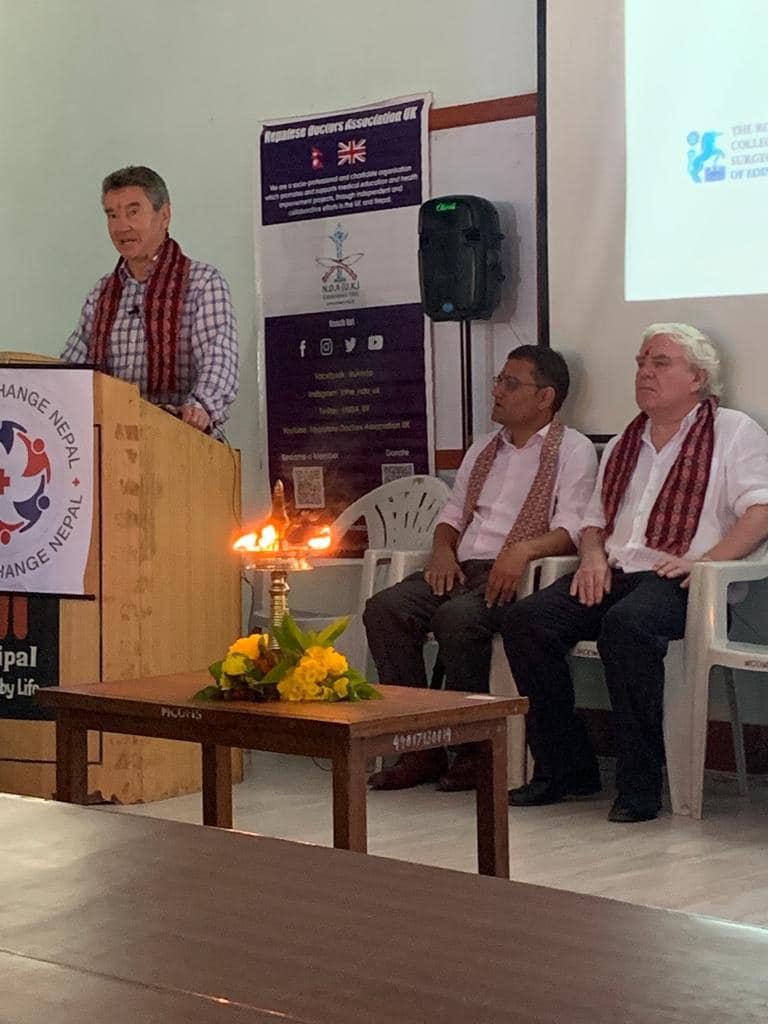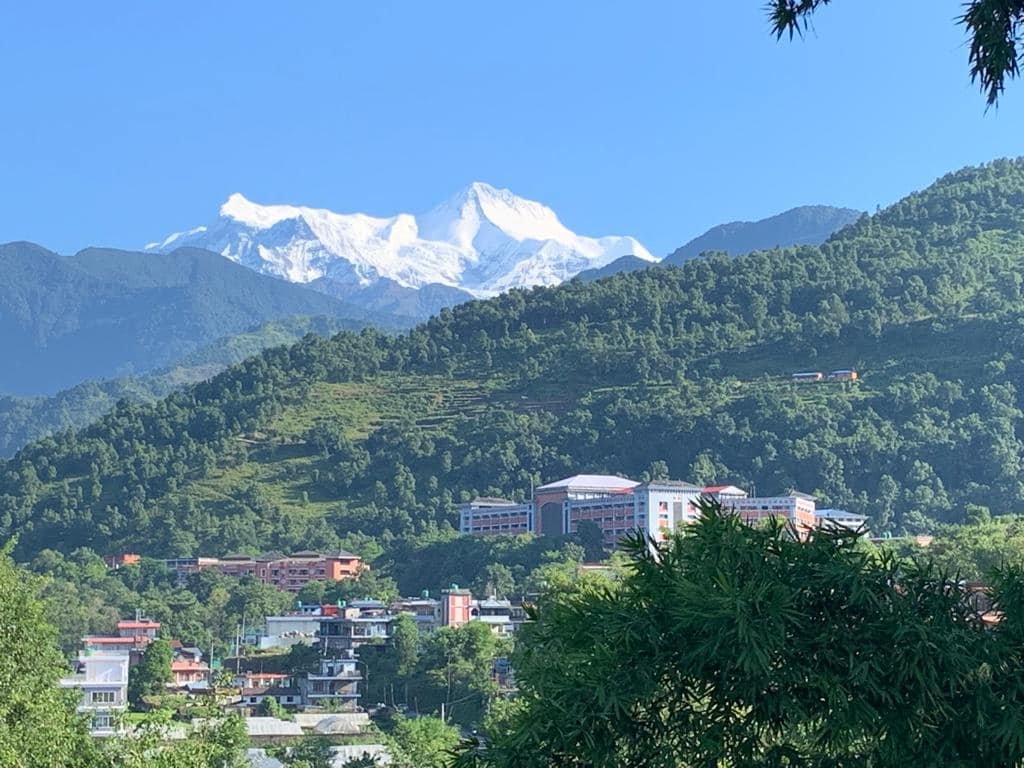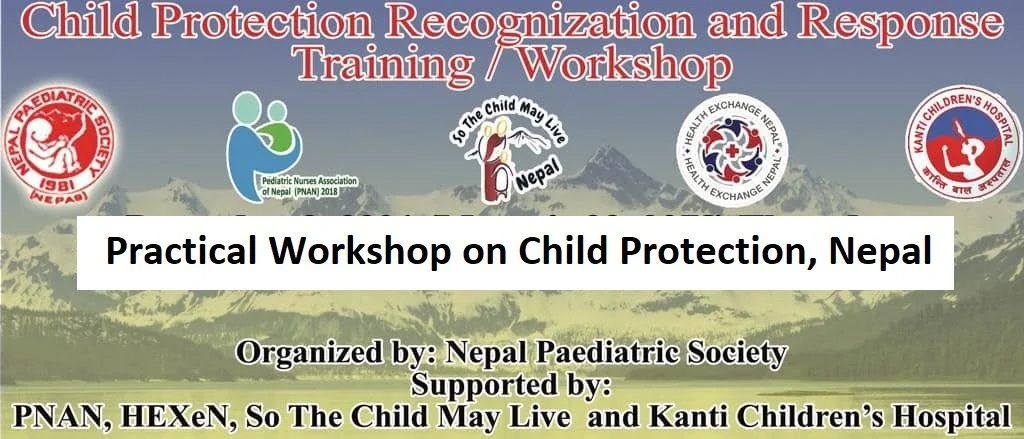Dr Irfan Chaudry on 22nd Congress of APACCM, Nepal
/I was honoured to be invited to provide a talk at the 22nd Congress of APACCM which was held in Kathmandu this year. This was only made possible with support from the Health Exchange Nepal (HEXN) charity. The talk I provided was on Patient Safety systems within critical care, very much a UK based experience and how we implement systems within our local critical care unit at Lancashire Teaching Hospitals. I was also fortunate to chair several breakout sessions and workshops for various critical care topics including patient safety.
Credit must go to the organising committee of the Nepalese Society for Critical Care Medicine, for the standard of scientific and clinical content which promoted widespread debate across the whole spectrum of the Multi disciplinary team within Critical Care. There was good attendance ( approx 1000 delegates), and a varied national and international faculty including speakers from Canada, New Zealand and India as well as the UK. Delegates came from across the Asian Pacific and I was fascinated by the unique challenges faced by critical care medicine in many different regions. The organising committee held various social occasions on each night of the conference which provide valuable opportunities for networking in a relaxed environment.
I was fortunate enough to have a day of sight seeing with a guide and driver that was kindly arranged by the organising committee. Kathmandu is beautiful, the buzz and the people are what make it and is something I will not forget. I was able to visit the temples at Pashupatinath which dates back to 400 A.D and Boudhanath a UNESCO world heritage site. The weather was kind and allowed us to see the peaks of the Himalayas in the distance.
The societies can be justly proud of the conference they have managed to achieve after the difficult years of the COVID 19 pandemic and some of the unique challenges faced by the critical care communities across the Asia Pacific. I hope in future to build on the links made to increase the knowledge sharing and improvements in practice relating to quality and patient safety. I wish the APACCM and NSCCM well for the future and thank them again for inviting me to speak at the conference.
Dr Irfan Chaudry, MB ChB, FRCA, FFICM, FFMLM
GIRFT NW regional Ambassador
Divisional Medical Director, Lancashire Teaching Hospitals NHS Foundation Trust
Faculty of Intensive Care Medicine Professional Affairs and Standards Committee; North West Clinical Senate; Lancashire and South Cumbria Critical Care Network; Independent Reconfiguration Panel
Honorary Senior Clinical Lecturer Manchester Medical School
